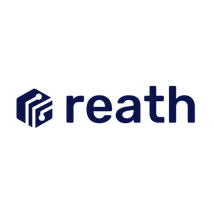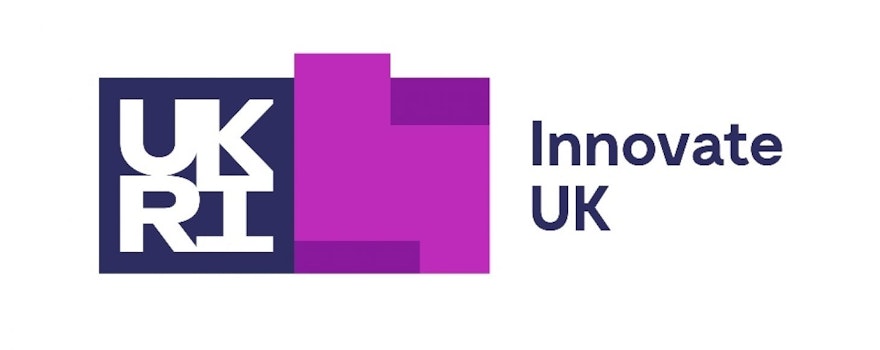3rd September 2020
Reath, the Edinburgh-based circular economy startup, has been awarded a grant by the Government’s modern industrial strategy fund, UK Research and Innovation. The grant was awarded as part of the Smart Sustainable Plastic Packaging fund, an initiative designed to establish the UK as a leading innovator in smart and sustainable plastic packaging for consumer products. The ambition is for UK companies to deliver cleaner growth across the supply chain, with a dramatic reduction in plastic waste entering the environment by 2025.
As authors of “reuse.id”, the first global Open Data Standard for reusable packaging, Reath will engage with stakeholders across the entire packaging ecosystem. The team will interview and consult with packaging producers, retailers, consumers and trading or environmental standards bodies.
An Open Data Standard provides a common, machine-readable language to describe a particular domain. By standardising data, you make it much easier to use and extract value from; it is the foundation on which an ecosystem can be built.
The purpose of establishing an Open Data Standard for reusable packaging data is to build the digital infrastructure that can increase the speed of adoption. The Open Data Standard will be hosted on github, a repository for open source code, accessible online. Any company can adopt the Data Standard for their own use internally, saving time and money.
Co-Founder of Reath, Claire Rampen, said:
“We are incredibly pleased to be building the first global Open Data Standard for reusable packaging, in partnership with support from world-leading organisations such as the Open Data Institute and UK Research & Innovation. Our ambition is that this project demonstrates the power, and importance, of digital infrastructure to underpin the circular economy.”
About Reath:
Reath is an Edinburgh-based software business, founded by Claire Rampen and Emily Rogers. The Reath system enables businesses to transition to safe, data-driven reuse. The Reath technology combines affordable, ubiquitous machine-readable trackers (e.g. QR codes), with the reuse.id® Data Standard to create safe, compliant and data-driven reuse systems.

